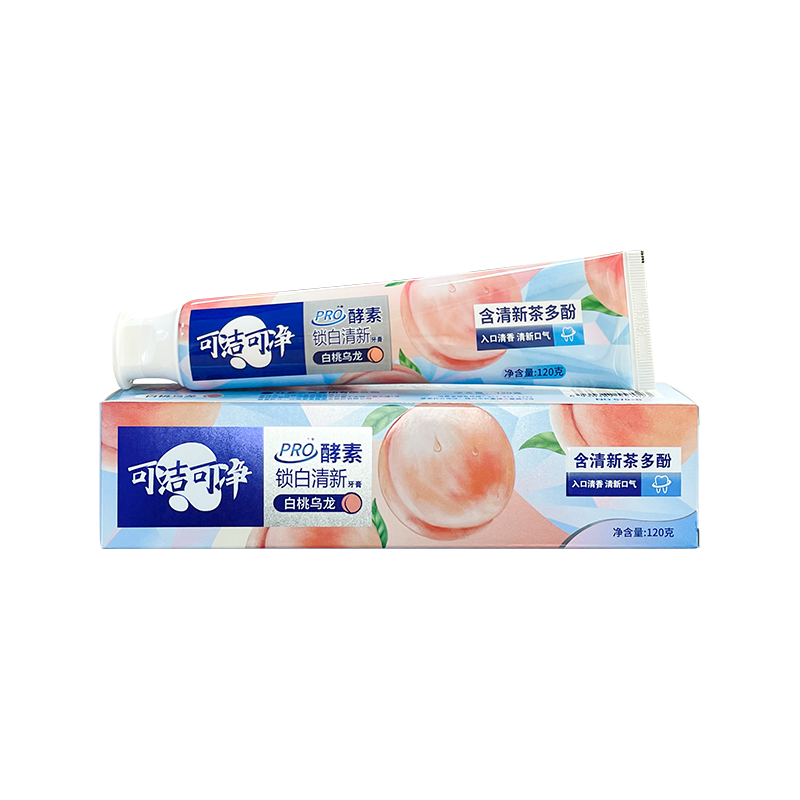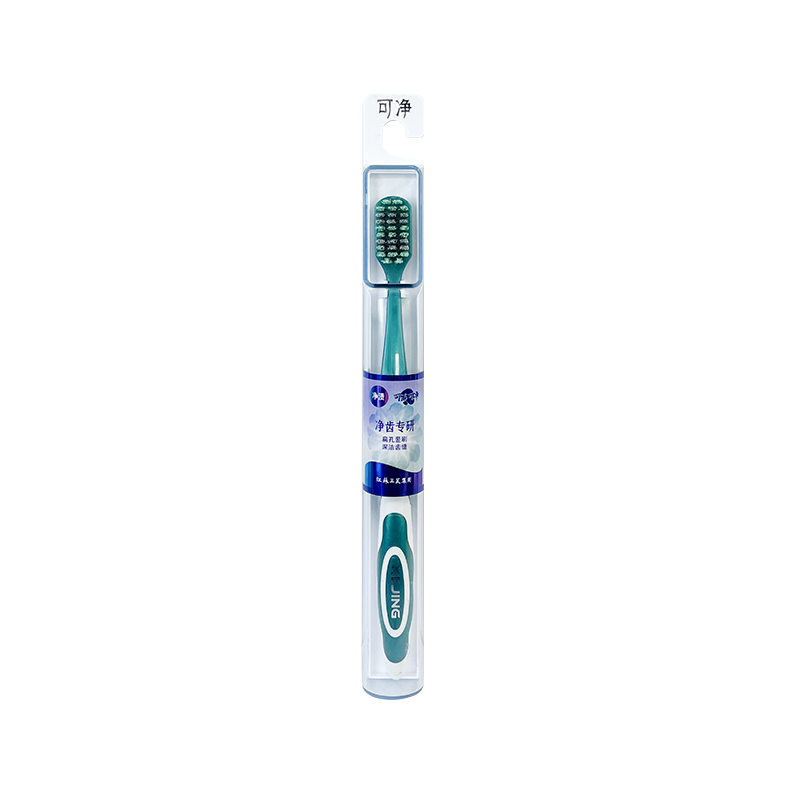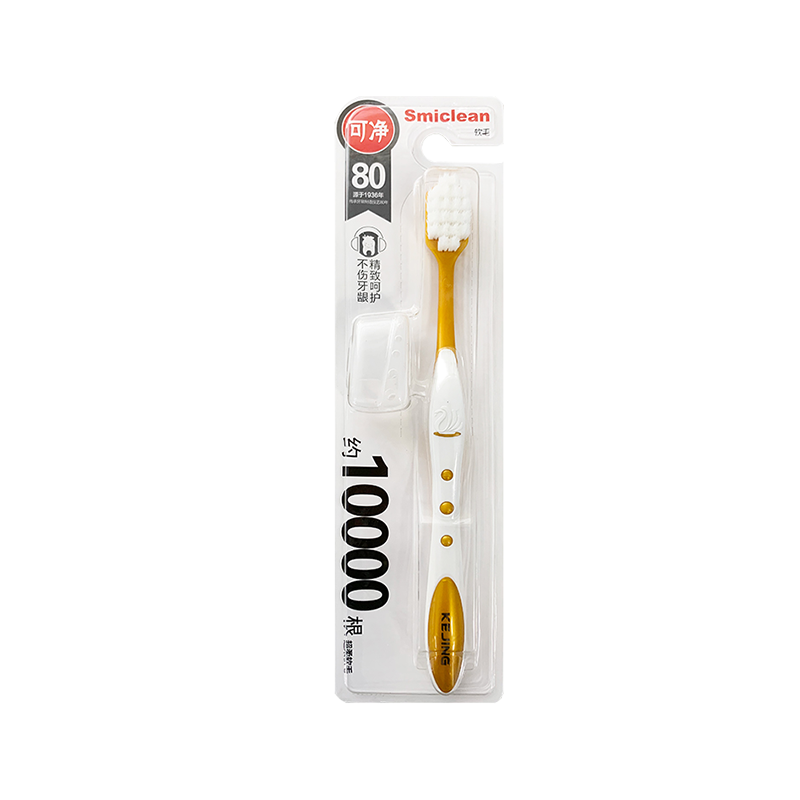Why Is Sensitive Toothpaste Essential for Oral Health and Daily Comfort?
Tooth sensitivity is one of the most common dental problems worldwide, affecting millions of people across all age groups. That sharp, sudden pain you feel when sipping hot coffee, biting into ice cream, or brushing your teeth is more than just discomfort—it’s a sign your teeth need extra care. Fortunately, sensitive toothpaste has emerged as a simple yet effective solution. But what makes sensitive toothpaste different from regular toothpaste? Why is it so widely recommended by dentists? And how does it help people regain comfort and confidence in their everyday lives?
What Causes Tooth Sensitivity?
Before understanding how sensitive toothpaste works, it’s important to know why sensitivity occurs in the first place. Tooth sensitivity—also known as dentin hypersensitivity—happens when the protective layers of the teeth are compromised, exposing the inner part called dentin.
Some common causes include:
Enamel Erosion: Over time, acidic foods, sugary drinks, or improper brushing can wear down enamel.
Gum Recession: Gums naturally recede with age or due to gum disease, exposing sensitive tooth roots.
Tooth Grinding (Bruxism): Constant grinding wears away enamel and increases vulnerability.
Whitening Products: Overuse of bleaching agents can cause temporary or lasting sensitivity.
Dental Procedures: Treatments like scaling, fillings, or whitening can lead to short-term sensitivity.
When dentin is exposed, tiny tubules inside the teeth transmit sensations directly to the nerves, triggering pain from hot, cold, sweet, or acidic foods and drinks.
What Is Sensitive Toothpaste?
Sensitive toothpaste is a specially formulated dental product designed to reduce or eliminate tooth sensitivity. Unlike regular toothpaste, which primarily targets cavities, plaque, and fresh breath, sensitive toothpaste contains unique ingredients that either:
Block Pain Signals – Desensitizing agents like potassium nitrate calm the nerves inside the teeth.
Strengthen Enamel – Compounds like stannous fluoride or calcium help rebuild the tooth’s protective layer.
By addressing both the cause and the symptom, sensitive toothpaste provides both relief and long-term protection.

How Does Sensitive Toothpaste Work?
The effectiveness of sensitive toothpaste depends on its active ingredients. Here’s how it works step by step:
Potassium Nitrate
One of the most common desensitizing agents.
Penetrates the tooth surface and calms the nerves, reducing pain signals over time.
Stannous Fluoride
Creates a protective barrier over exposed dentin tubules.
Strengthens enamel and provides cavity protection.
Arginine and Calcium Carbonate
Block open dentin tubules by depositing protective minerals.
NovaMin (Calcium Sodium Phosphosilicate)
Releases calcium and phosphate ions, helping to naturally rebuild enamel.
Regular use of sensitive toothpaste gradually reduces pain sensitivity while continuing to protect against cavities and plaque.
How Is Sensitive Toothpaste Different from Regular Toothpaste?
While both types of toothpaste clean teeth and freshen breath, the differences lie in their core functions:
Standard Toothpaste: Primarily designed to fight cavities, whiten teeth, or improve breath.
Sensitive Toothpaste: Focuses on soothing tooth nerves and protecting exposed dentin.
Many sensitive toothpastes still offer fluoride protection, whitening, and freshening benefits, but their main priority is comfort and enamel protection.
Who Should Use Sensitive Toothpaste?
Sensitive toothpaste is recommended for:
People experiencing pain from hot, cold, sweet, or acidic foods.
Individuals with receding gums or exposed tooth roots.
Patients recovering from dental procedures.
People with naturally thin enamel.
Those prone to enamel erosion from acidic diets or teeth grinding.
Even people without severe sensitivity can use sensitive toothpaste preventively, as it helps protect enamel and gums over the long term.
What Are the Benefits of Sensitive Toothpaste?
Using sensitive toothpaste offers multiple advantages:
Pain Relief
Provides comfort while eating or drinking, restoring quality of life.
Protection Against Cavities
Fluoride strengthens enamel and prevents decay.
Enamel Repair
Some formulas actively rebuild enamel by depositing calcium and phosphate minerals.
Gum Health
Helps reduce sensitivity caused by gum recession.
Whitening Options
Certain sensitive toothpaste products are designed to gently whiten teeth without causing additional pain.
Confidence in Oral Care
Users feel more comfortable smiling, speaking, and enjoying food without fear of discomfort.
Are There Any Limitations?
While sensitive toothpaste is highly effective, it is not a cure-all:
Relief is usually gradual, taking several days to weeks of consistent use.
It does not treat underlying dental issues like cavities, infections, or severe gum disease.
Some ingredients, like stannous fluoride, may cause slight staining (though easily removed during dental cleanings).
Results vary depending on the cause of sensitivity.
For persistent or severe pain, a dentist should be consulted to rule out serious problems.
How Should You Use Sensitive Toothpaste Effectively?
To get the most benefit:
Brush Twice Daily – Morning and night with a soft-bristled toothbrush.
Use Consistently – Regular use is key to sustained relief.
Do Not Rinse Immediately – After brushing, avoid rinsing with water right away to allow active ingredients to work.
Apply Directly for Extra Relief – In cases of severe sensitivity, some dentists recommend applying a small amount directly to the sensitive tooth before bed.
Pair with Good Oral Habits – Limit acidic foods, avoid grinding teeth, and maintain professional dental checkups.
How Does Sensitive Toothpaste Support Long-Term Oral Health?
Sensitive toothpaste goes beyond immediate relief; it plays a vital role in long-term oral care:
Protecting Nerves: By reducing nerve sensitivity, it prevents chronic discomfort.
Strengthening Teeth: Fluoride and calcium-based compounds reinforce enamel.
Preventing Further Damage: By covering exposed tubules, it reduces risks of cavities and gum irritation.
Supporting Preventive Dentistry: Regular use reduces the need for more invasive treatments like fillings or root canals.
In essence, it is both a treatment and a preventive measure.
Why Do Dentists Recommend Sensitive Toothpaste?
Dentists often recommend sensitive toothpaste as a first line of defense because:
It’s non-invasive and easy to use.
It provides relief without expensive procedures.
It addresses both symptoms and prevention.
It encourages patients to maintain good oral hygiene habits.
For many, sensitive toothpaste is the bridge between discomfort and long-term dental health.
How Is Sensitive Toothpaste Evolving?
The oral care industry is continuously innovating, and sensitive toothpaste is no exception. Some trends include:
Natural Formulas: Toothpastes with herbal extracts like aloe vera, chamomile, and clove for sensitivity relief.
Whitening + Sensitivity Protection: Dual-action products that combine whitening with enamel protection.
Nano-Hydroxyapatite: A biomimetic ingredient that mimics natural tooth enamel to repair microscopic damage.
Eco-Friendly Packaging: Sustainable tubes and recyclable materials to meet consumer demand for green products.
These innovations are making sensitive toothpaste more effective and appealing than ever.
How Does Sensitive Toothpaste Contribute to Confidence and Lifestyle?
Tooth sensitivity doesn’t just affect oral health—it impacts everyday life. People with sensitive teeth often avoid certain foods, hesitate to smile, or even fear routine brushing. Sensitive toothpaste restores confidence by:
Allowing people to enjoy their favorite hot or cold foods without hesitation.
Encouraging consistent oral care routines without pain.
Improving quality of life with comfort and reassurance.
Something as simple as brushing with the right toothpaste can make a profound difference in daily happiness.
Final Thoughts: Is Sensitive Toothpaste Worth It?
The short answer is yes. Sensitive toothpaste is more than just a specialized dental product—it is a practical solution to one of the most common oral health challenges. By reducing pain, strengthening enamel, and preventing further damage, it empowers people to take control of their oral health without fear or discomfort.
For those struggling with sensitivity, switching to a high-quality sensitive toothpaste is a small step that can lead to big improvements in comfort, confidence, and long-term dental health. It’s a reminder that oral care isn’t just about keeping teeth white and breath fresh—it’s about ensuring everyday comfort and protecting one of our most important assets: our smile.
 English
English русский
русский Español
Español




